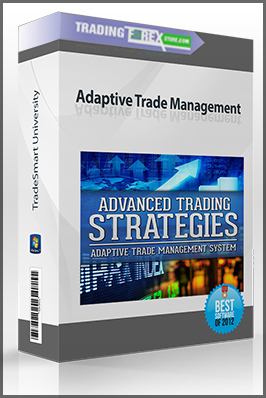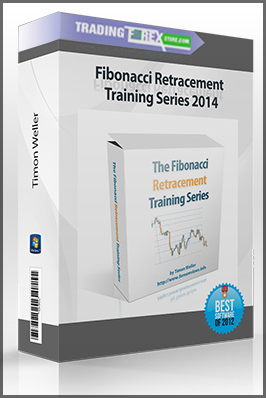John Abbink – Alternative Assets and Strategic Allocation
$9.00
Size: 4.1 MB
You Just Pay: $9
- Description
Description
John Abbink – Alternative Assets and Strategic Allocation
An insightful guide to making strategic investment allocation decisions that embraces both alternative and conventional assets
In this much-needed resource, alternative and portfolio management expert John Abbink demonstrates new ways of analyzing and deploying alternative assets and explains the practical application of these techniques.
Alternative Assets and Strategic Allocation clearly shows how alternative investments fit into portfolios and the role they play in an investment allocation that includes traditional investments as well. This book also describes innovative methods for valuation as applied to alternatives that previously have been difficult to analyze.
- Offers institutional investors, analysts, researchers, portfolio managers, and financial academics a down-to-earth method for measuring and analyzing alternative assets
- Reviews some of the latest alternatives that are increasing in popularity, such as high-frequency trading, direct lending, and long-term investment in real assets
- Outlines a strategic approach for including alternative investments into portfolios and shows the pivotal role they play in an investment allocation
Using the information found in this book, you’ll have a clearer sense of how to approach investment issues related to alternative assets and discover what it takes to make these products work for you.
Table of Contents
List of Illustrations.
Acknowledgments.
Introduction.
What Is Alternative about Alternative Investments?
The Plan of This Book.
PART ONE: Analytic Tools.
1 Risk and Return.
2 Return Enhancement.
3 Some Features of the Quantitative Toolkit.
4 Risk Estimation.
PART TWO: Some Examples.
5 Long/Short Equity.
6 Direct Lending.
7 Merger Arbitrage.
8 High-Frequency Trading.
9 Holding Private Assets for Their Cash Flows.
10 Fixed-Income Arbitrage.
11 Event-Driven Investment.
PART THREE: Position Management.
12 Investment Strategies in Practice.
13 Optionality.
14 Trade Capacity.
15 Institutional Liquidity.
16 Tactical Allocation.
17 Portfolio Liquidity.
18 Alternative Investments and Information Theory.
PART FOUR: Portfolio Construction.
19 Classification of Investments.
20 Diversification among Strategies.
21 Multi-Dimensional Risk.
22 Filling Out the Allocation.
23 Time and Tide.
24 Managing the Allocation Decision.
25 Concluding Remarks.
Bibliography.
Index.
Author Information
JOHN B. ABBINK has twenty-nine years’ experience in investment firms, including Merrill Lynch, Credit Suisse, and Deutsche Bank, and was formerly a senior vice president and director of manager research at National City Corporation. Abbink received his BA from Michigan State University and his PhD from Yale University.















